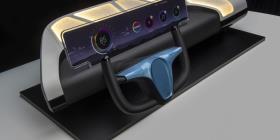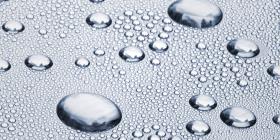
- Adhesives
- Coatings, paints & inks
Dispercoll® dispersions: High performance, low impact
The Dispercoll® range of waterborne dispersions for the formulation of high-performance adhesives meet the growing demand for more environmentally friendly adhesives for use in consumer and industrial applications.
Featured Products
Aqueous colloidal dispersion of a 2-chlorobutadiene polymer with a high rate of crystallisation.Dispercoll® C 84 is suitable for the formulation of aqueous adhesives for use in the footwear, construction, furniture, mattress and automotive industries.
Anionic high-molecular-weight polyurethane dispersion.
Dispercoll® U 54 is a raw material for the formulation of thermally activated adhesives for use in, for example, the furniture, automotive, shoe and construction industries. Its characteristic polymer structure makes Dispercoll® U 54 particularly well suited for applications on PVC substrates containing plasticizers.
Milky white
Key Benefits
- Sustainable: Low solvent content and significantly reduced solvent emissions.
- Adaptable: Different viscosities and molecular weights meet specific adhesive needs.
- Variable: Specialized dispersions provide improved rheology (thickening) properties.















